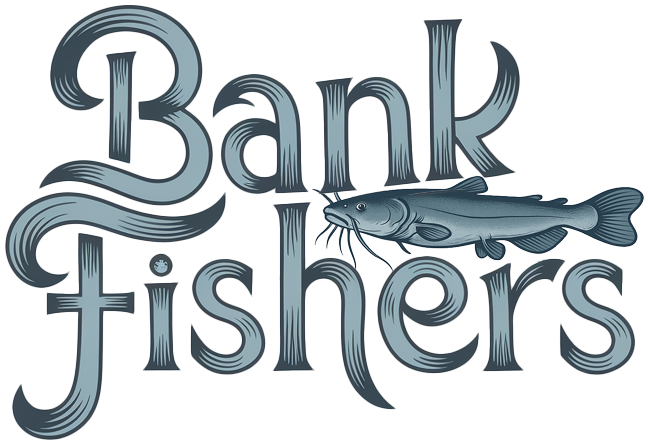
When you think of spending a peaceful day by the water, do the terms "angling" and "fishing" blur together in your mind?
You're not alone—many outdoor lovers use them interchangeably, but there's a nuanced difference that can elevate your appreciation for these timeless pursuits.
Angling is often seen as the artful, rod-and-line approach to catching fish, while fishing encompasses a wider array of methods for harvesting aquatic life.
In this guide, we'll dive into the definitions, origins, key differences, and overlaps between angling and fishing. Whether you're a seasoned enthusiast or a curious beginner, understanding these distinctions will help you choose the right adventure and connect more deeply with nature's rhythms.
Understanding the Basics: Definitions and Origins
What Exactly is Angling?
Angling is the skillful practice of catching fish using a rod, line, and hook, often with bait or lures to entice the prey.
This method emphasizes technique, patience, and a touch of artistry, making it a beloved recreational activity.
The term "angling" traces its roots to Old English "angle," meaning "hook," derived from the Proto-Indo-European root *ank-* or *ang-*, which refers to bending—perfectly describing the shape of a fishhook.
Historical records show the verb "to angle" emerging in the late 15th century, with "angler" as a noun by the mid-16th century.
Early angling tools evolved from simple gorges (baited bone or wood points) to metal hooks and rudimentary rods during Roman times around the 4th century CE. Today, angling is distinctly a subset of fishing, focusing on the rod-and-line method rather than broader capture techniques like netting or spearing. [1] [2]
The Broader World of Fishing
Fishing, in contrast, is the umbrella term for any human activity aimed at catching fish or other aquatic animals, dating back over 40,000 years to the Upper Paleolithic era. Archaeological evidence, such as fish consumption by early humans like the Tianyuan man in Asia, highlights its role as a vital food source.
Neanderthals were catching fish in German rivers as early as 30,000 BC.
Unlike angling's specificity, fishing includes diverse methods: hand-gathering, spearing, netting, trapping, trolling, and more. It serves recreational, commercial, and subsistence purposes, employing millions globally and contributing to food security.
Early gear paralleled angling's evolution, starting with gorges and progressing to bronze hooks and jointed rods. Fishing's cultural footprint appears in ancient Egyptian art, Chinese texts, and Roman writings, underscoring its universal appeal. [3] [4]
Key Differences and Overlaps Between Angling and Fishing
Techniques, Equipment, and Methods
The core distinction lies in techniques and gear: angling relies on a rod, reel, line, and hook, promoting precise casting, baiting, and reeling for a sport-like experience.
Common angling methods include fly fishing (using artificial flies on weighted lines) and bait casting, often prioritizing quality over quantity. Fishing, however, embraces a spectrum—from simple hand lines to complex commercial trawlers using nets, traps, or spears.
Equipment for fishing can be rudimentary (like spears) or industrial (nets and boats), allowing for higher yields in subsistence or professional settings. Overlaps occur when angling techniques are used within broader fishing contexts, such as trolling with a rod from a boat.
Both share foundational tools like hooks and lines, but angling refines them for finesse. [5] [1]
Purpose, Mindset, and Cultural Significance
Angling often embodies a leisurely, meditative mindset, viewed as a sport where the journey—mastering casts and reading water—matters as much as the catch.
It's tied to catch-and-release ethics and personal challenge, with cultural icons like Izaak Walton's 1653 book *The Compleat Angler* romanticizing it as a gentle art.
Fishing, meanwhile, can be pragmatic and purpose-driven, from feeding families in indigenous communities to fueling global economies. Its mindset varies: thrill-seeking in recreational spearfishing or efficiency in commercial hauls.
Culturally, both foster community—angling clubs host tournaments, while fishing traditions appear in festivals worldwide. The overlap shines in regions where angling evolved from survival fishing, blending heritage with hobby.
Ultimately, angling's sporty finesse complements fishing's versatile utility. [6] [4]
Conclusion
Choosing Your Path: Angling, Fishing, or Both?
In the end, angling and fishing aren't rivals but companions in the great outdoors. If you crave the poetic rhythm of rod and reel, dive into angling for its skillful serenity.
For a more expansive adventure encompassing nets or spears, embrace the full spectrum of fishing. Many enthusiasts blend both, discovering deeper connections to nature regardless of method.
Grab your gear, head to the water, and let the distinctions inspire your next outing—after all, the real catch is the joy it brings.


